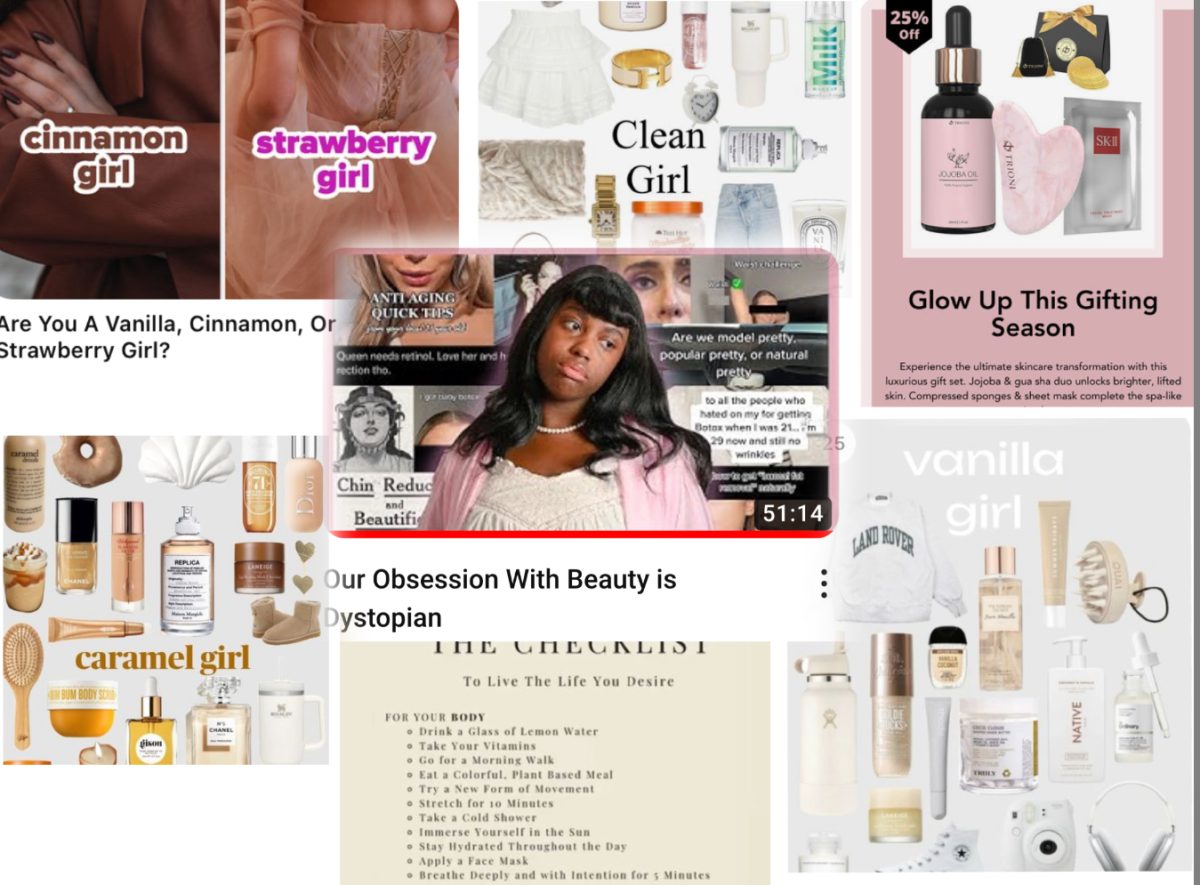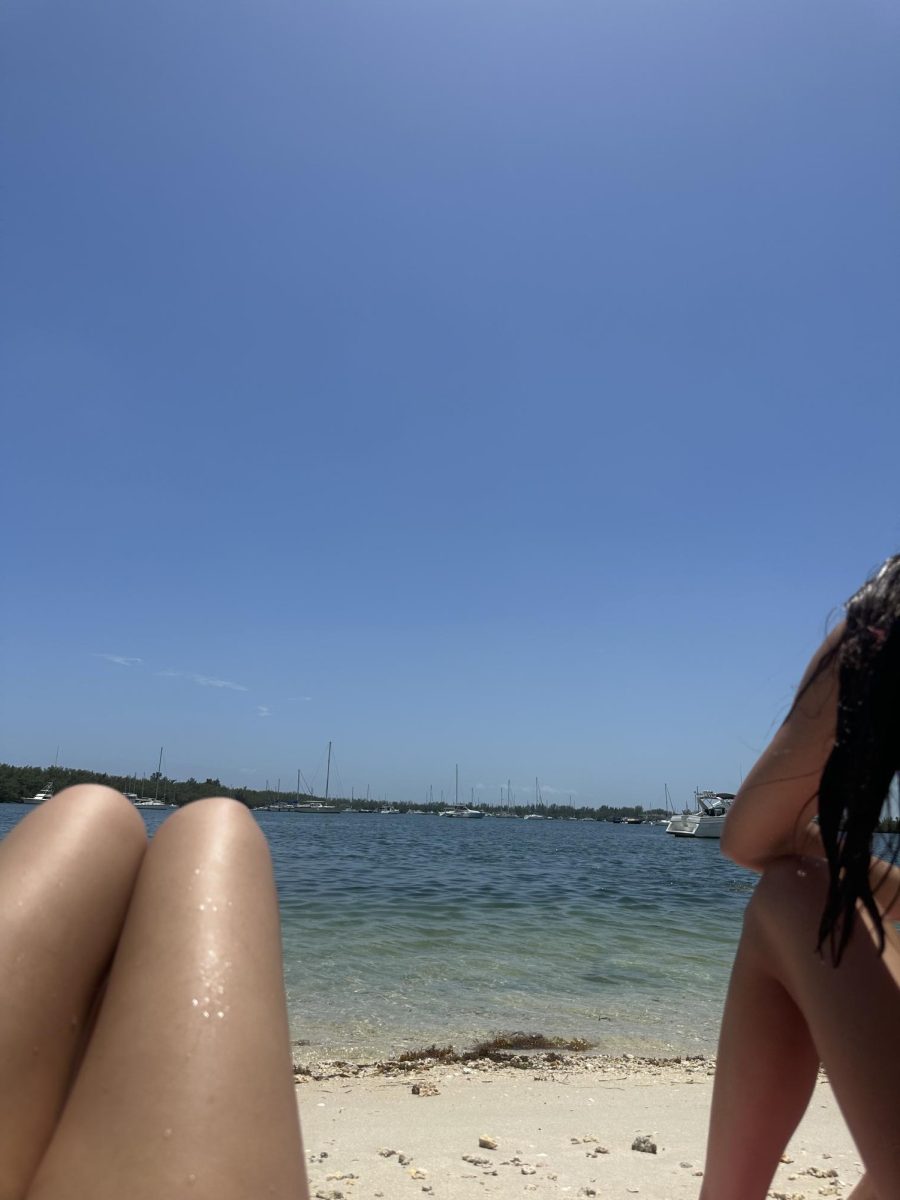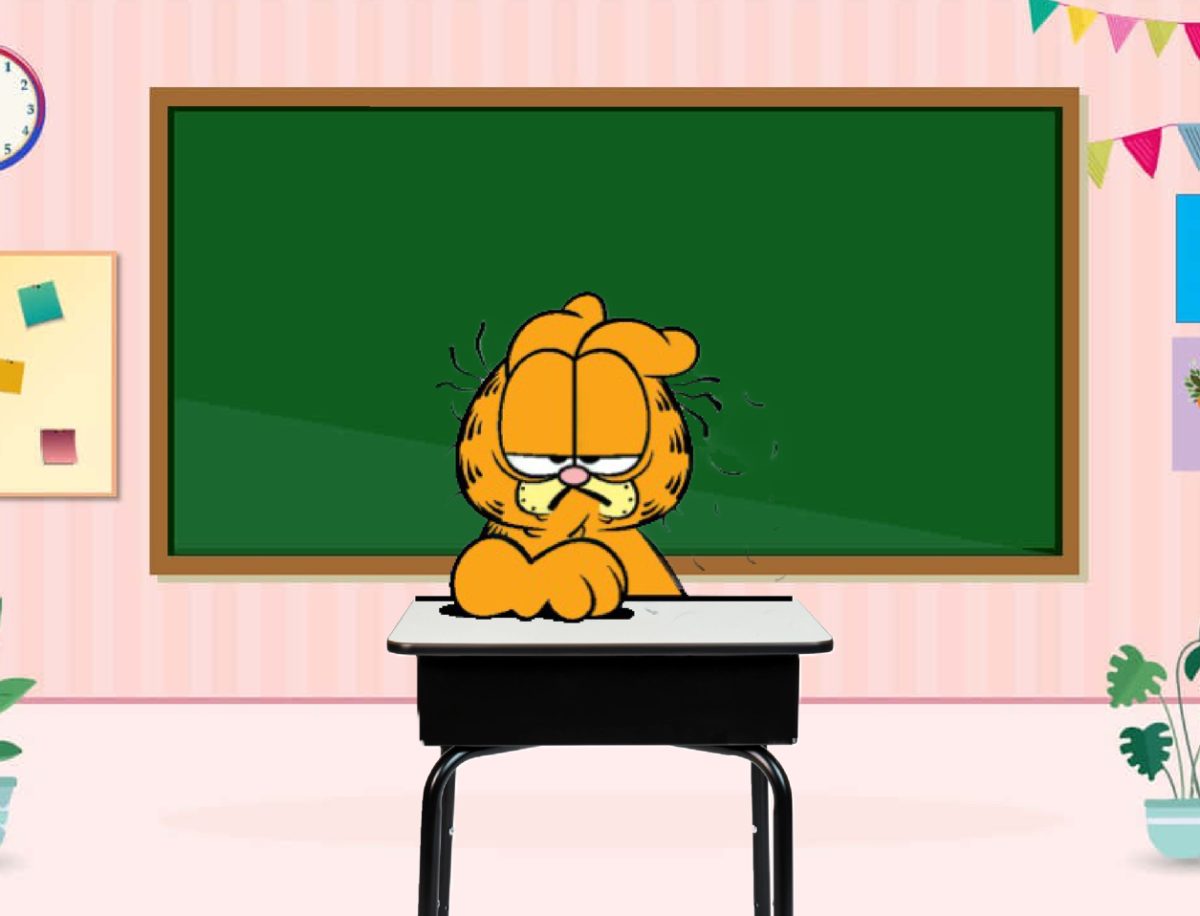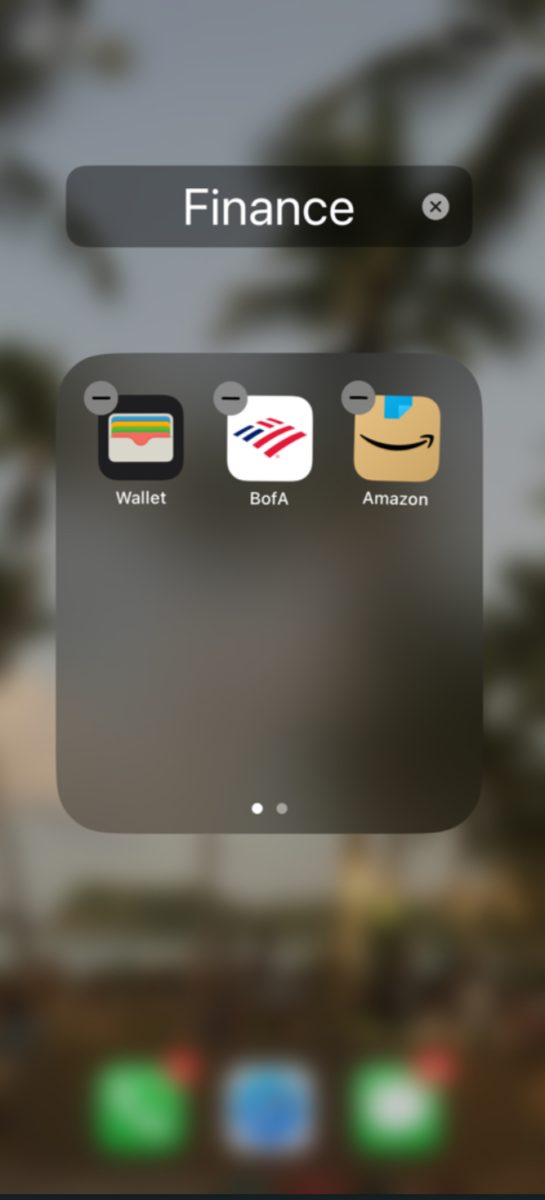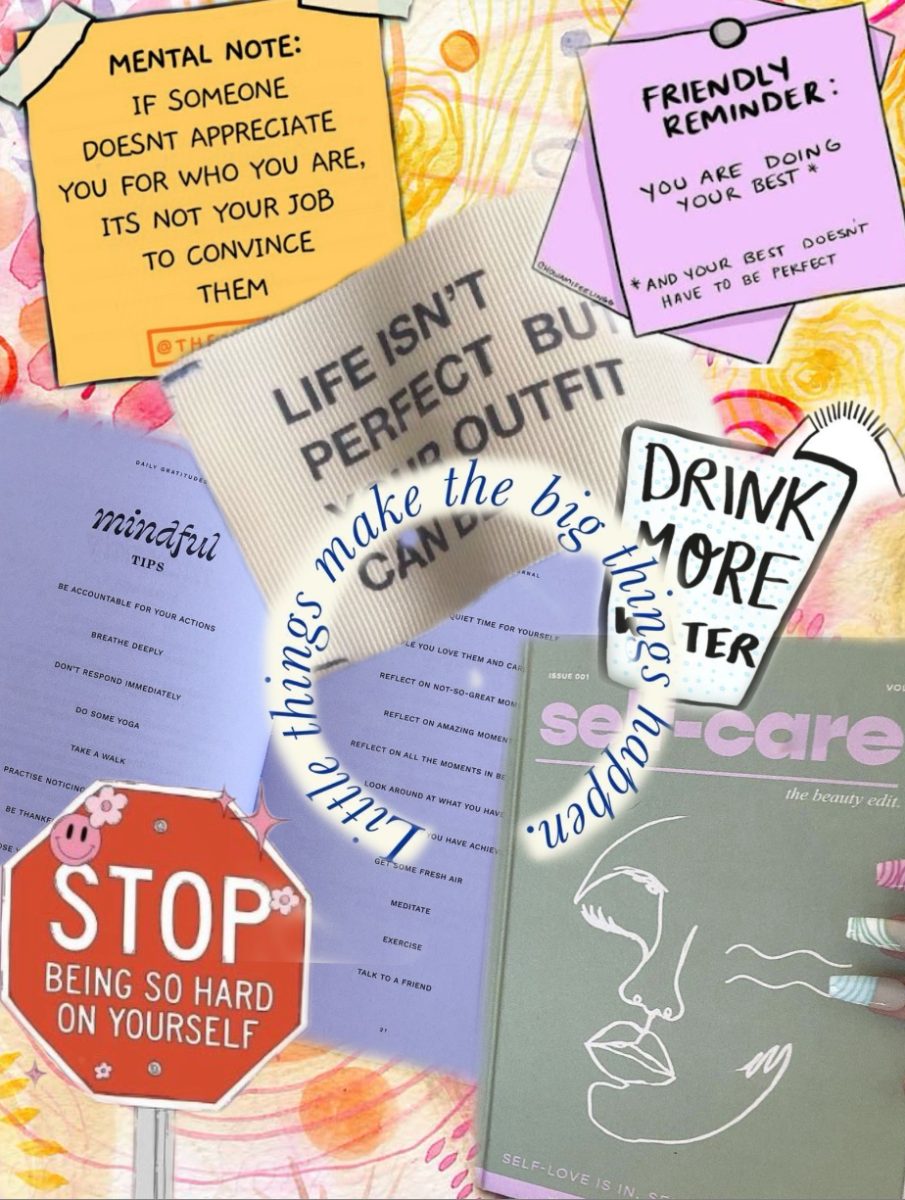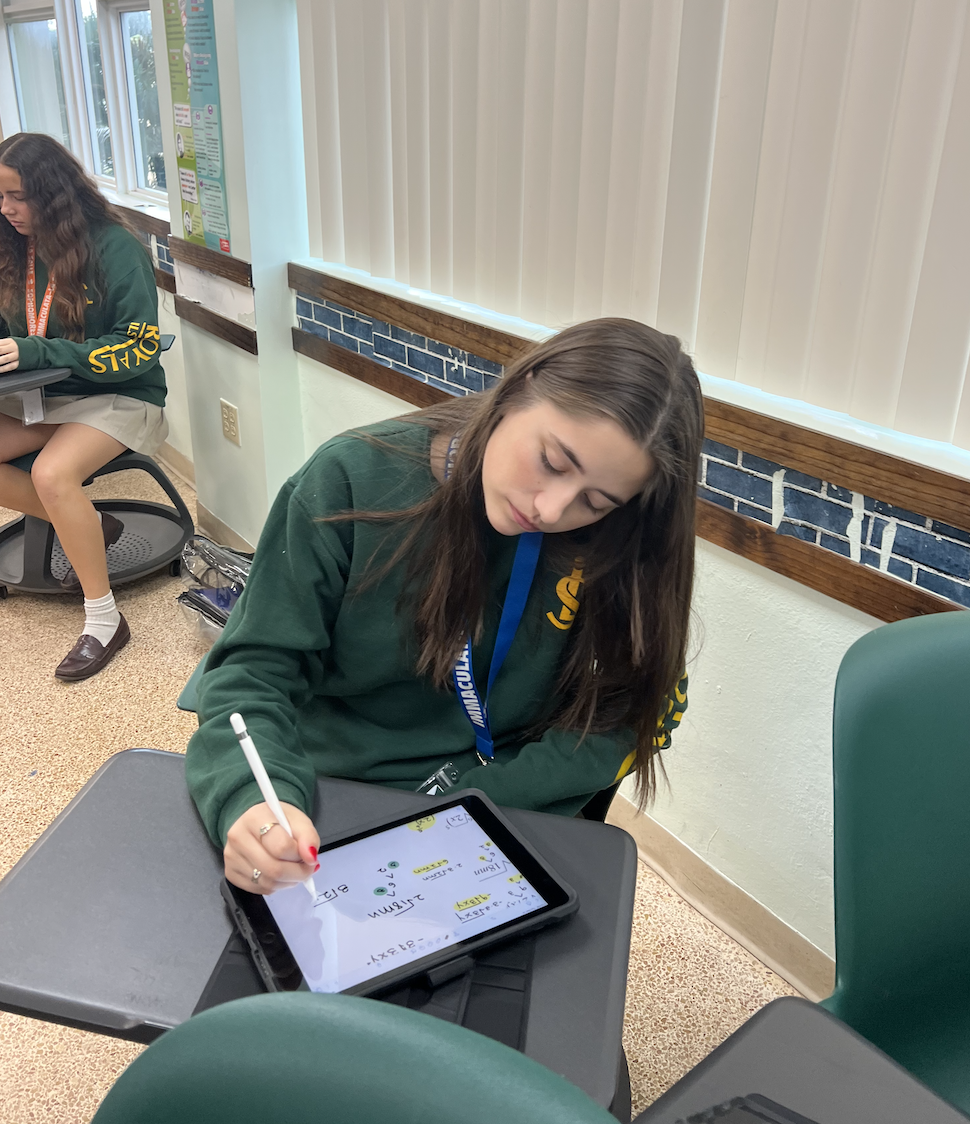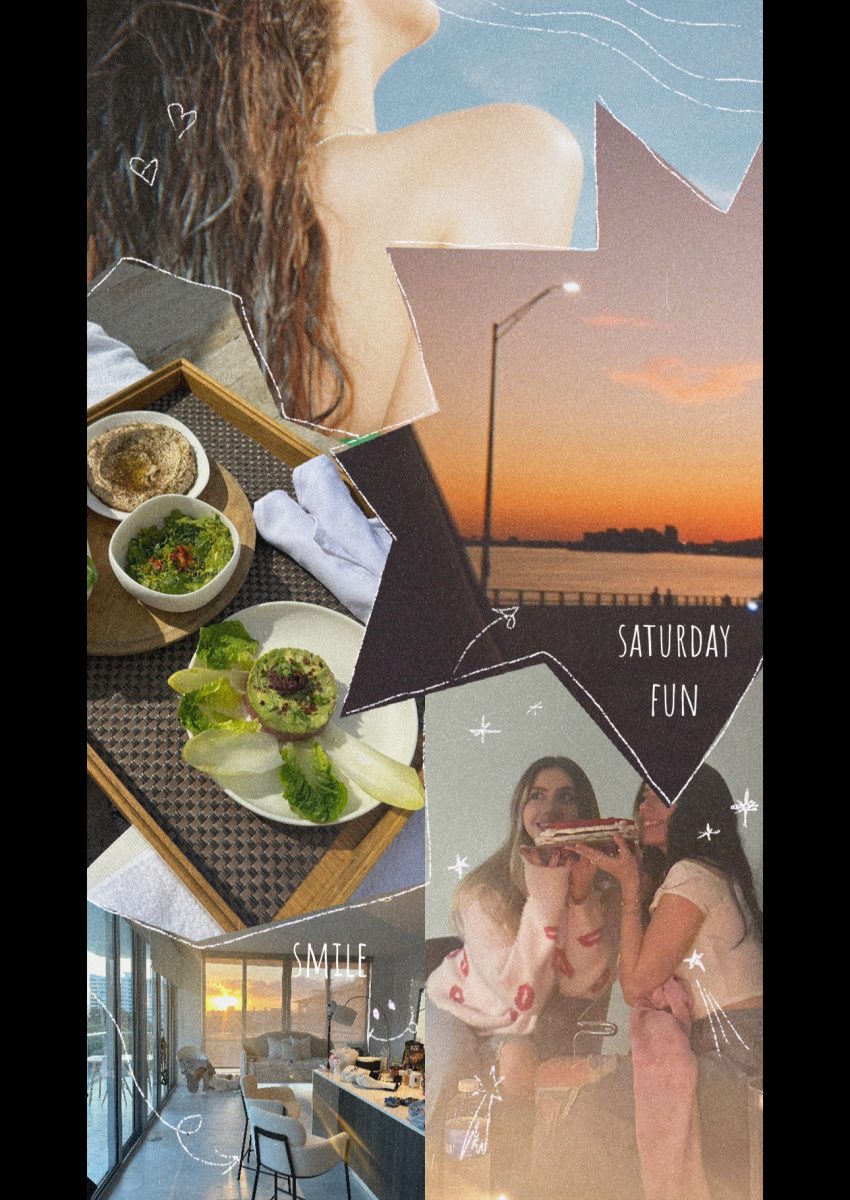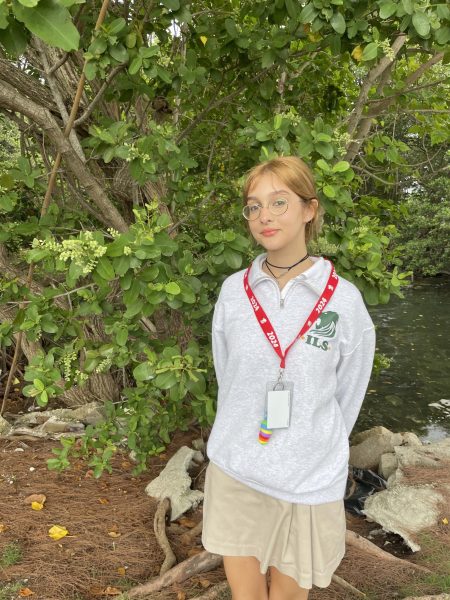For the last decade, social media has grown immensely. YouTube specifically has seen the most changes because it has been around the longest. What used to be a website that was solely for posting funny videos, skits, and pranks has turned into a multi-million dollar platform that has the power to change lives. There are many different sides to YouTube. A new niche part of YouTube that has emerged and has quickly begun gaining a lot of views are video essays. According to StudioBinder, “A video essay is a video that analyzes a specific topic, theme, person or thesis.”
Some video essays can provide philosophical insight while others are just deep dives into specific shows or movies. Nevertheless, both types of video essays have recently become popular.
“Dr. Montes just assigned a video essay as an assignment… and I’m actually pretty excited, I mean I didn’t even know what a video essay was but then I looked it up and I think it’s a good way of showing you know the information without having to write a dreaded essay,” replied senior Monica Prieto.
As an enjoyer of video essays myself, I’m always on the lookout for new interesting, intellectual videos and channels. Quite recently, I stumbled upon a video about an idea that completely changed my point of view of everything. The concept of “Beauty Illness/Beauty Horror” was introduced to me by a content creator called Shanspeare. The video essay is titled Our Obsession with Beauty is Dystopian.
Shanspeare opens with a witty, satirical skit of a girl doing her beauty routine all the while she quips about the beauty and makeup industry and their harmful practices. She dryly jokes about the harm that some beauty routines can cause her body, comparing the results to consuming arsenic. Once the skit is over, she goes on to explain the definition of Beauty Horror/Beauty Illness.
This explanation of the phenomenon completely blindsided me as I had never before heard the term used. Beauty Horror is, according to Shanspeare, “Our culture’s obsession with beauty…to a detriment. Beauty horror opens our bodies and minds into grotesque almost unnatural formations for entertainment.” Truthfully, it’s very hard to argue against all the things Shanespeare opines.
“I thought my attention span would never let me watch a video that long but after talking about it, I ended up watching it and wow. I really had never thought of trends that way before. My mind was blown,” said senior Jadilah Fernandez Pages
Shanespeare asks the viewer a rhetorical but very normalized question, ‘What kind of pretty are you?’ to show that we, as a society, are exhibiting signs of sickness. To Shanespeare’s vantage point, we are obsessed with this contemporary idea of what we think is beauty to an almost scary degree. That beauty standards are defined by a,“…rapid repackaging of aesthetic content, labels and standards that are said to be more aspirational than obtainable.”
As a person who loves fashion and aesthetics, I’ve always struggled to communicate my mixed relationship with the new up and coming trends but, Shanespeare described it perfectly. “I don’t like the ‘Clean girl’, ‘Vanilla girl’, ‘City girl,’ etc. because it’s all the same thing repackaged to be just slightly different. People are coming up with these new aesthetics so quickly because they all turn out to be unattainable. All of these ‘new’ aesthetics point to our infatuation with beauty. Society is unable to slow down; every moment has just become a performance. There’s even been a new aesthetic about being unaesthetic, which just shows the hypocrisy that comes with all the ‘Deinfluencing’,” Shanespeare explains.
No matter how hard a person’s fights it, they will always be influenced, subconsciously or not, by social media and our culture’s fascination with beauty and aesthetics.
“I literally can’t be on TikTok, like it really just feels like it rots my brain with all these new words and trends -I deleted it. It was just too much,” remarked junior Chloe Ruiseco.
Whenever Tiktok or trends get brought up, I feel like I’m grasping at straws trying to come up with something to say, because there is just too much to say and not enough words to explain. Thankfully, Shanespeare helped me formulate my thoughts while adding new insight as to how our obsession with beauty could possibly stem from a bigger problem in western culture.



